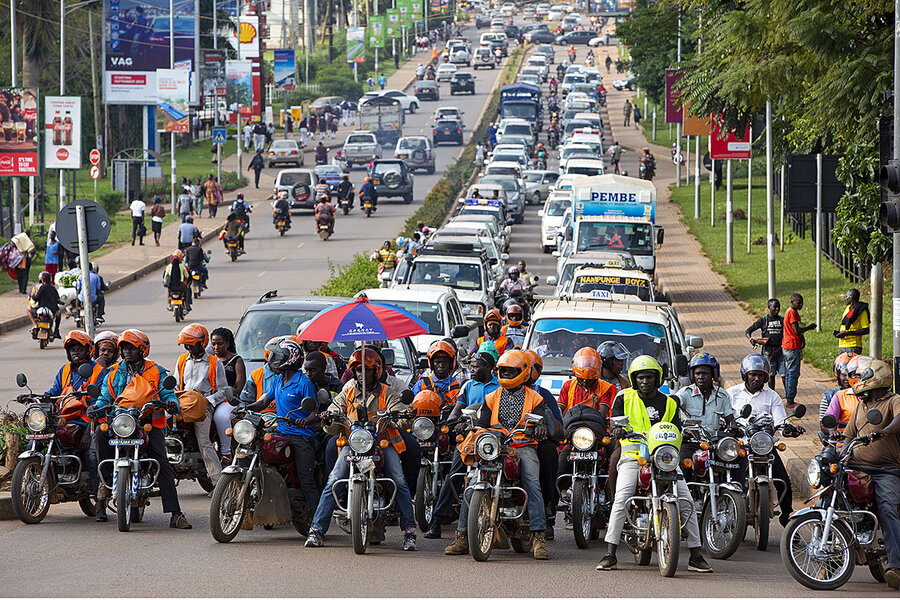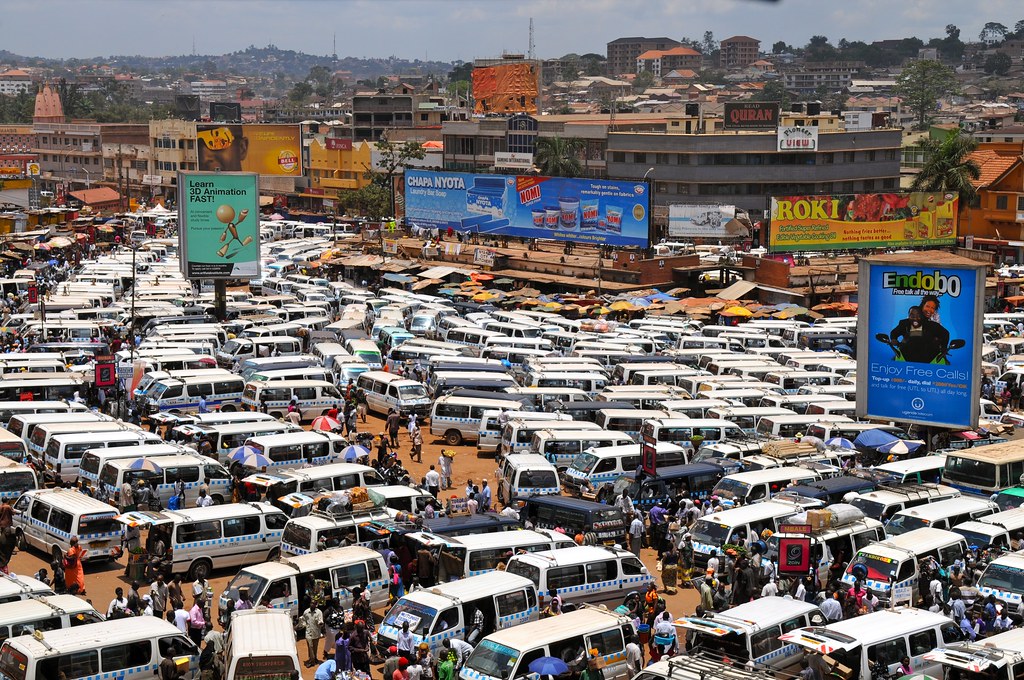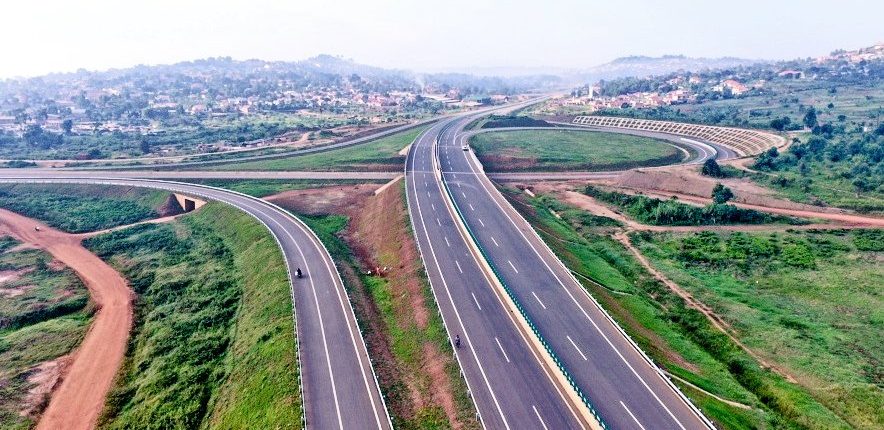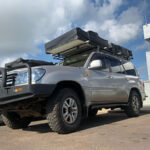
Whether you are considering a guided safari or driving around in a 4×4 rental car, Traveling around Uganda on a budget is entirely feasible, and it can be an enriching experience. Here are some tips to make the most of your journey without breaking the bank:
1. Plan Ahead
- Create a Budget: Set a daily budget that includes transportation, accommodation, food, and attractions. Accommodation rates vary according to location. Basic accommodation in the national parks cost more than better accommodation int towns.
2. Transportation
- Public Transportation: Utilize local minibuses known as “Taxis” which are an affordable way to get around Uganda.
- Bodabodas: These motorcycle taxis are common in Uganda and are typically cheaper than regular taxis. However they are not recommended on highways.

- Travel Off-Peak: If you’re using more extended bus travel between cities, try to book during off-peak times. There is usually less traffic during off peak hours. You can also have a bargain if you choose to use the taxis.
- Hitchhiking: While it can be risky, some travelers have found success with hitchhiking. Always prioritize safety, and only do this if you are traveling from the city center. Have the details of the car shared with your colleagues before boarding.
3. Accommodation
- Hostels and Guest Houses: Opt for budget hostels, guesthouses, or even camping. Inside the national park, camping is the cheapest option.
- Airbnb: This can sometimes be an affordable option, especially if you’re traveling with others.
- Local Homestays: This option can be cheap and offers a unique cultural experience.
4. Food
- Eat Local: Street food and local eateries are usually much cheaper than tourist-oriented restaurants. However, some street food might not meet the minimum quality standards, therefore only go for street food in recommended places. You can always get a recommendation from you guesthouse

- Cook for Yourself: If you hire a car with camping gear, there is always a cooking set. You can simply buy all the ingredients and cook for yourself.
5. Activities and Attractions
- Free and Cheap Activities: Opt for outdoor activities like hiking, exploring markets, or visiting local villages.
- Guided Tours: If you want a guided tour, consider group tours as they are typically less expensive.
- Negotiate: Bargaining is common in Uganda, so don’t hesitate to negotiate prices for activities and souvenirs.
6. Health and Safety
- Insurance: Make sure to have travel insurance to avoid unexpected costs.
- Water: Drink bottled to avoid getting sick, which could end up costing more in the long run.
7. Communication
- Local SIM Card: Buying a local SIM card can be cheaper for data and local calls. Avoid roaming since it is often more expensive.
- Free WiFi: Avoid free wifi unless it is offered by your lodge or Guesthouse. Free wifi is often not safe. Your data can easily be stolen if you use free wifi.
8. Packing
- Pack Essentials: Bring essential medicines, a water purification method, and other necessities to avoid having to buy them at a higher price locally.
Remember, traveling on a budget often means embracing the local way of life. It might require some adjustments and stepping out of your comfort zone, but it can lead to a more authentic and fulfilling experience. Always be mindful of your safety, and don’t compromise on essential things like health and secure accommodations.



